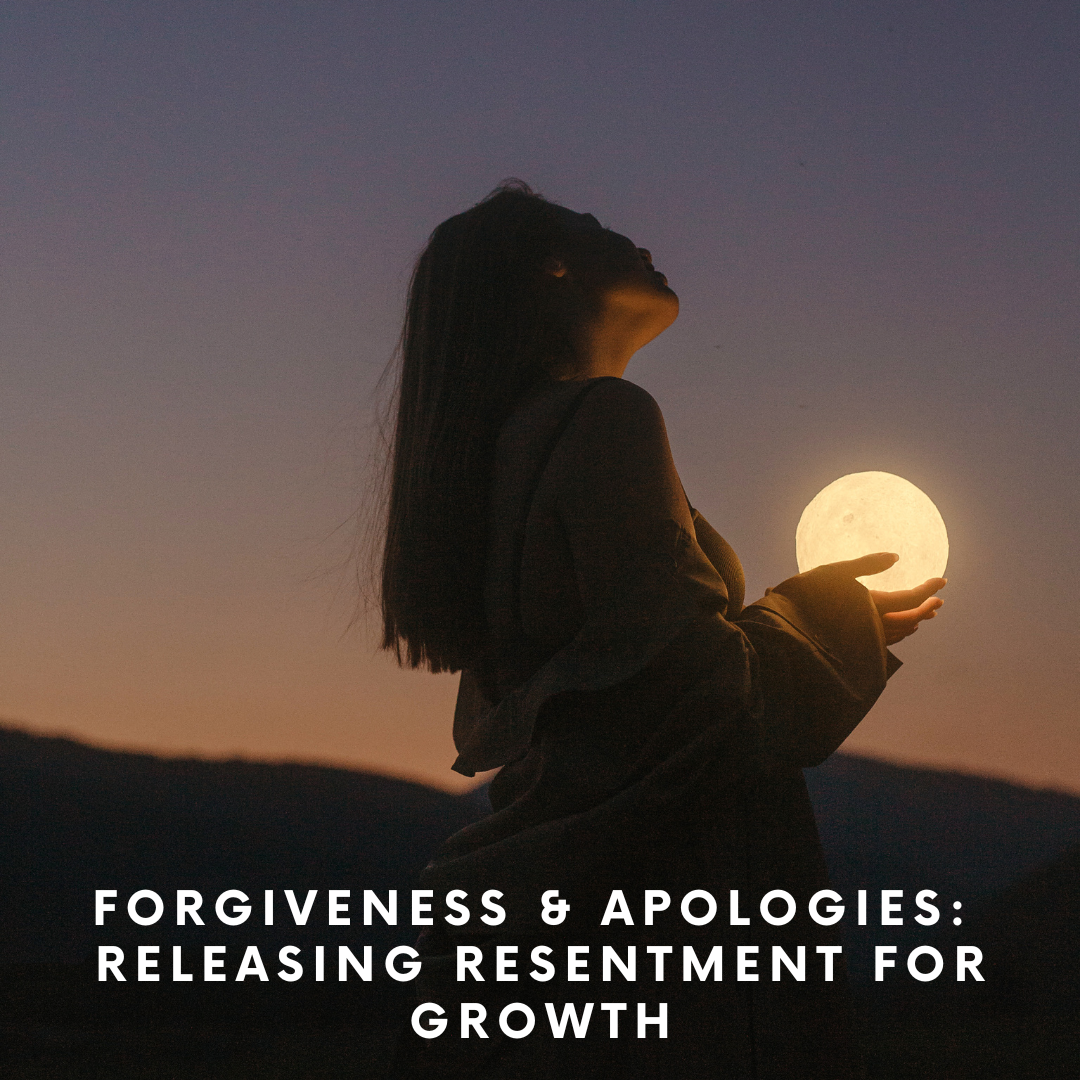
Forgiveness and apologies are essential for healing relationships and fostering
emotional well-being. However, forgiveness does not mean excusing harmful
behavior, and an apology is not just about saying “I’m sorry.” True apologies
acknowledge the impact of one’s actions, and true forgiveness is a choice to
release resentment, not necessarily to restore trust. Both are tools for personal
growth and help reduce stress, resentment, and emotional burdens.
Actionable Steps:
- Give a complete apology – Acknowledge the harm, take responsibility, and
express how you’ll do better. Avoid justifications. - Forgive for yourself – Letting go of resentment benefits your mental health,
even if reconciliation isn’t possible. - Set boundaries if needed – Forgiveness doesn’t mean forgetting. It’s okay
to protect yourself from repeated harm. - Practice self-forgiveness – Holding onto guilt and shame can be just as
harmful as holding onto resentment toward others.
– Sean Howard







